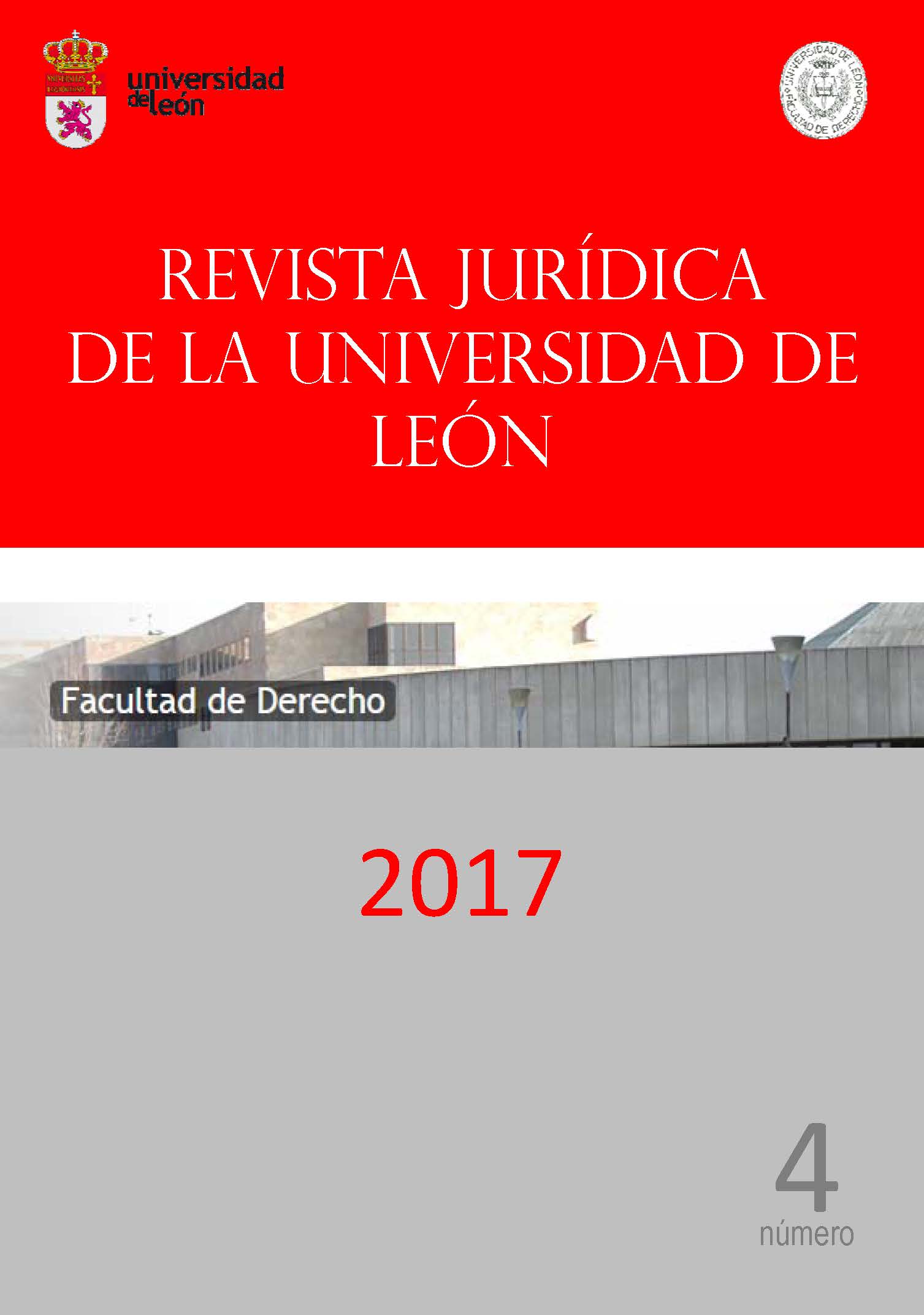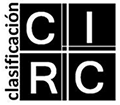European Constitutions as sources of Party Law and the Fundamental Law of Hungary = Las Constituciones europeas como fuentes de la Ley de Partidos y la Ley Fundamental de Hungría
DOI:
https://doi.org/10.18002/rjule.v0i4.5286Palavras-chave:
Democracia representativa húngara, Partidos políticos, Ley Fundamental de Hungría, Hungarian representative democracy, Political parties, Fundamental Law of HungaryResumo
La regulación de los partidos políticos parece un tema ligeramente descuidado en la literatura constitucional húngara. Así, a pesar de que hay un gran número de cuestiones que deben analizarse y entenderse en los ámbitos de la democracia representativa, en el sistema electoral y en la financiación de los partidos, derivadas de las particularidades del cambio del régimen político, y que hace necesaria la interpretación de nuestro sistema político actual. Un análisis sustantivo de estas cuestiones en términos de derecho constitucional (y desde las ciencias políticas) podría contribuir a una mejor comprensión de la democracia representativa húngara, el estado constitucional, así como la relación entre la sociedad civil y el Estado. En este documento voy a ofrecer una visión general de las normas constitucionales relativas a los partidos políticos europeos y comparar la redacción de la Ley Fundamental de Hungría con las normas constitucionales creadas en 1989.
The regulation of political parties seems a slightly neglected topic in the Hungarian constitutional literature. It is so despite the fact that there are a large number of questions to be analysed and understood in the fields of representative democracy, election system and party financing arising from the particularities of the change of the political regime, the recent constitution-making or the necessary interpretation of our current political system. A substantive analysis of these questions in terms of constitutional law (and political science) could contribute to a better understanding of the Hungarian representative democracy, constitutional state as well as the relationship between civil society and the state. In this paper I will provide a rough overview of constitutional rules relating to European political parties and compare the wording of the Fundamental Law of Hungary with the constitutional rules created in 1989.
Downloads
Referências
BIEZEN, Ingrid van – Kopecky, Petr: The State and the Parties. Public Funding, Public Regulation and Rent-Seeking in Contemporary Democracies. In: Party Politics, 2007/2.
BIEZEN, Ingrid van: Constitutionalizing Party Democracy: The Constitutive Codification of Political Parties in Post-war Europe. In: British Journal of Political Science 2012/1.
BIEZEN, Ingrid van: Financing political parties and election campaigns – guidelines. Council of Europe Publishing, 2003, Strasbourg.
BIEZEN, Ingrid van: Political Parties as Public Utilities. In: Party Politics, 2004/6.
BORZ, Gabriela: Justifying the constitutional regulation of political parties: A framework for analysis. In: International Political Science Review 2016/1.
ENYEDI, Zsolt-Körösényi, András: Pártok és pártrendszerek. (Parties and Party Systems Bp., 2004, Osiris.
Factsheet – Political parties and associations, October 2016 available at http://www.echr.coe.int/Documents/FS_Political_parties_ENG.pdf
HALMAI, Gábor: Párt, állam, jog. A magyar pártjog. (Party, State, Law. The Hungarian Party Law.) In: Politikatudományi Szemle, 1993/1.
HORVÁTH, Attila – Soós, Gábor: Pártok és pártrendszer. (Parties and Party Systems In: A magyar politikai rendszer – negyedszázad után. (The Hungarian Political System after a Quarter Century) (Edited by Körösényi, András) Bp., 2015, Osiris-MTA TKPTI.
KOMMERs Donald P. – MILLER, Russell A.: The Constitutional Jurisprudence of the Federal Republic of Germany. Duke University Press, 2012.
KOVÁCS, Mónika – TILK, Péter: Pártok. (Parties) In: Az Alkotmány kommentárja. (Commentary on the Constitution) (Edited by Jakab, András) Bp., 2009., Századvég.
KOVÁCS, Virág: 30.§ [A köztársasági elnök összeférhetetlensége. (The incompatibility of the President of Hungary)] In: Az Alkotmány kommentárja. (Commentary on the Constitution) (Edited by András Jakab), Bp., 2009, Századvég.
Resolution 1308(2002) on Restrictions on political parties in the Council of Europe’s member states.
SAJÓ, András: Az önkorlátozó hatalom. (The self-limiting power) KjK – MTA JTI, 1995.
SÓLYOM, László. Pártok és érdekképviseletek az alkotmányban. (Parties and Interest Representation in the Constitution) Bp., 2005, Rejtjel.
UITZ, Renáta: Hungary. In: Marcus Thiel (ed.): The ‘Militant Democracy’ Principle in Modern Democracies. Ashgate, 2009.
Venice Commission: Guidelines on Political Party Regulation. [CDL-AD(2010)024].
Cited Case Law:
BVerfGE 1 (1952) (the SRP case).
Rekvényi v. Hungary (ECtHR, 1999)
Vona v. Hungary case (ECtHR, 2013).
Downloads
Publicado
Como Citar
Edição
Secção
Licença
Direitos de Autor (c) 2017 Peter Smuk

Este trabalho encontra-se publicado com a Licença Internacional Creative Commons Atribuição-NãoComercial-CompartilhaIgual 4.0.
Los autores que publican en esta revista están de acuerdo con los siguientes términos:- Los autores ceden de forma no exclusiva los derechos de explotación (reproducción, distribución, comunicación pública, transformación) a la Universidad de León, por lo que pueden establecer, por separado, acuerdos adicionales para la distribución no exclusiva de la versión de la obra publicada en la revista (por ejemplo, alojarlo en un repositorio institucional o publicarlo en un libro), con un reconocimiento de su publicación inicial en esta revista.
- Este trabajo se encuentra bajo la Creative Commons Attribution-NonCommercial-ShareAlike 4.0 International License. Puede consultarse desde aquí la versión informativa y el texto legal de la licencia.
- Se permite y se anima a los autores a difundir electrónicamente las versiones pre-print (versión antes de ser evaluada) y/o post-print (versión evaluada y aceptada para su publicación) de sus obras antes de su publicación, ya que favorece su circulación y difusión más temprana y con ello un posible aumento en su citación y alcance entre la comunidad académica.








